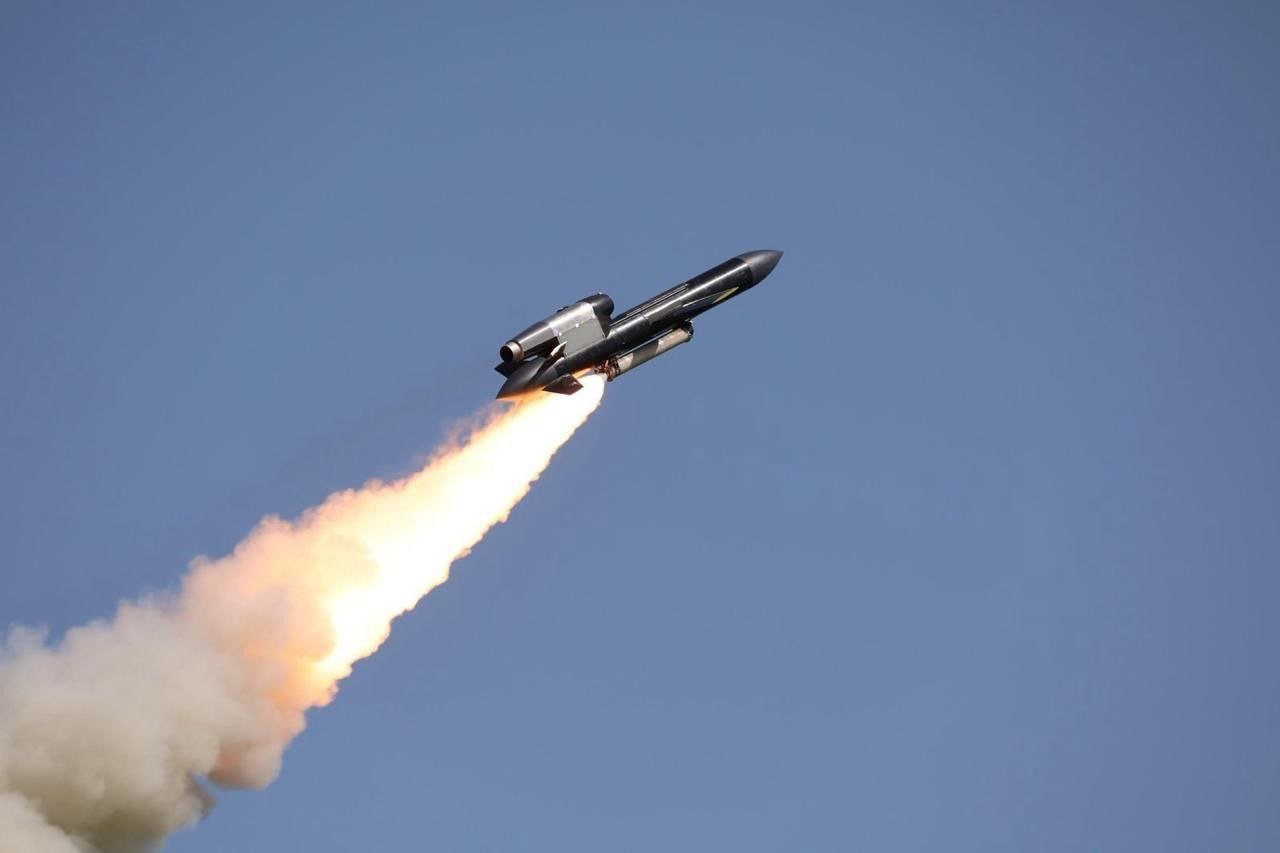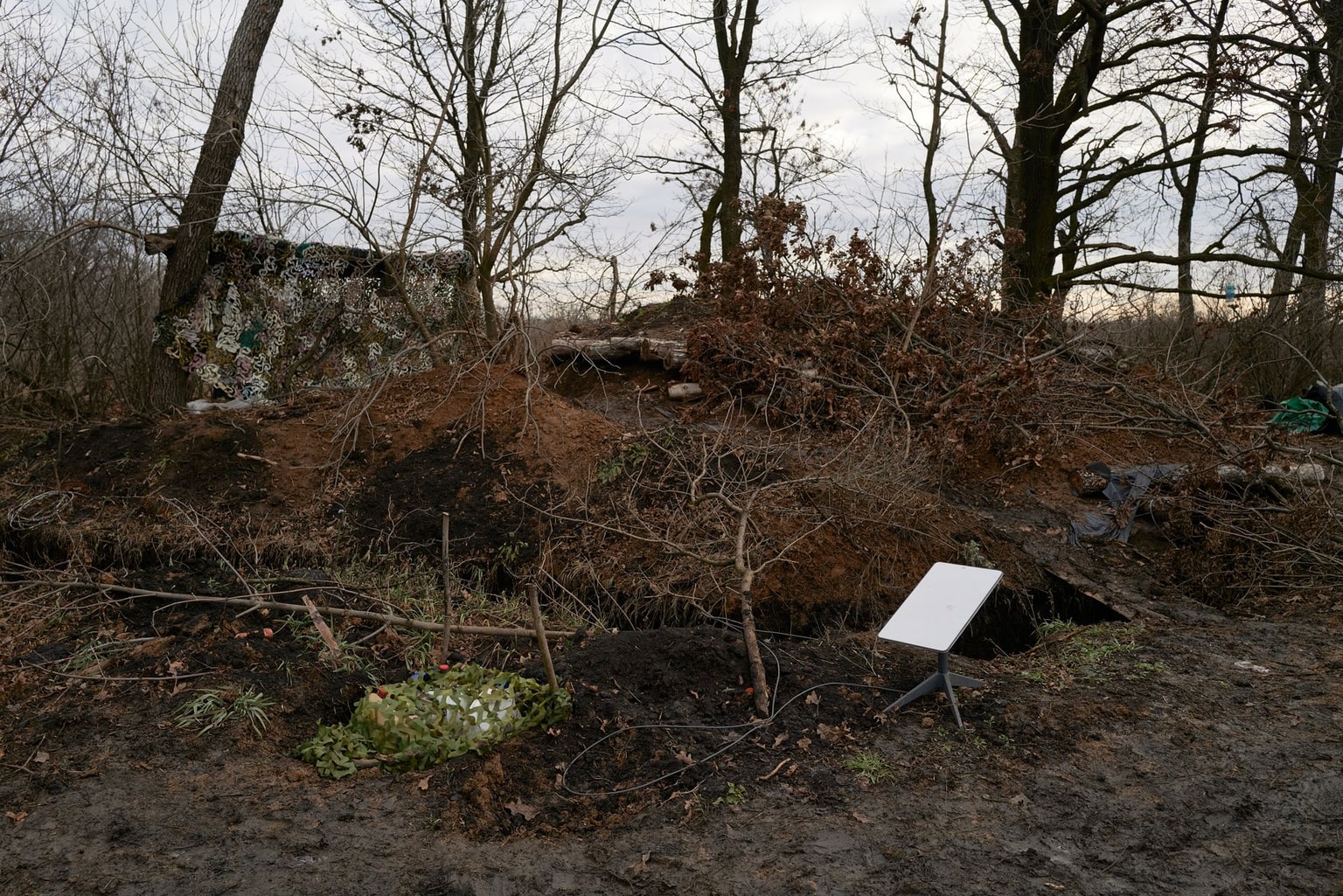Two-thirds of Americans pessimistic about Russia-Ukraine peace prospects, poll shows

The majority of Americans are pessimistic about the possibility of a peace deal between Russia and Ukraine, according to a Gallup poll published on Aug. 28.
Some 22% of respondents said they are very pessimistic about a possible peace deal, while 45% said they are somewhat pessimistic. In turn, only 4% said they are very optimistic and 27% somewhat optimistic about peace.
The survey's results contrast with U.S. President Donald Trump's push to broker a swift peace deal between Kyiv and Moscow, an effort that seems to have stalled as Moscow rejects a ceasefire and escalates attacks against Ukraine.
The poll was carried out between Aug. 1 and 15, just before Trump's meeting with Russian President Vladimir Putin in Alaska on Aug. 15 and a summit with President Volodymyr Zelensky and European leaders in Washington on Aug. 18.
The results show that pessimism is widespread across the political spectrum, with 57% of Republicans expressing a negative outlook, as well as 69% of independents and 78% of Democrats.
The poll also shows that 66% of Americans believe neither side is winning the war, 23% believe Moscow has the upper hand, and 10% say Kyiv is winning.
Around 73% of respondents said they are concerned that an eventual peace deal might be too favorable to Russia, and 87% worry that the Russian leadership could violate the terms of a potential deal.
A slight majority – 52% – favor Washington helping Ukraine reclaim occupied territories, while 45% support a quick end to the war, even if it means Kyiv giving up on its land.
This divide is visible along party lines, with 80% of Democrats wishing to help Ukraine reclaim its territories and 69% of Republicans preferring a faster end to the war.

Russia occupies roughly one-fifth of Ukraine's territory, with Putin demanding that Ukraine cede the entire Donbas region, comprised of partially occupied Donetsk and Luhansk oblasts, as one of the conditions for a peace deal.
Around 46% of respondents also say that the U.S. is not doing enough to help Ukraine, a notable increase since 30% in December 2024, before Trump returned to office.
The start of Trump's presidency marked a major shift in the U.S. policy on the war and a clear break from the decisive support for Kyiv under former President Joe Biden.
While pushing for a quick peace deal, Trump has been inconsistent in his positions toward both Ukraine and Russia, laying the blame for the war on both countries.
The new administration has on several occasions paused military aid to Ukraine and threatened additional sanctions against Russia, though it has so far failed to adopt any new measures against Moscow.
August saw a renewed diplomatic push marked by Trump's meeting with Putin and Zelensky. The U.S. president also said he aims to organize a meeting between the Russian and Ukrainian leaders, though no such summit has been announced.













